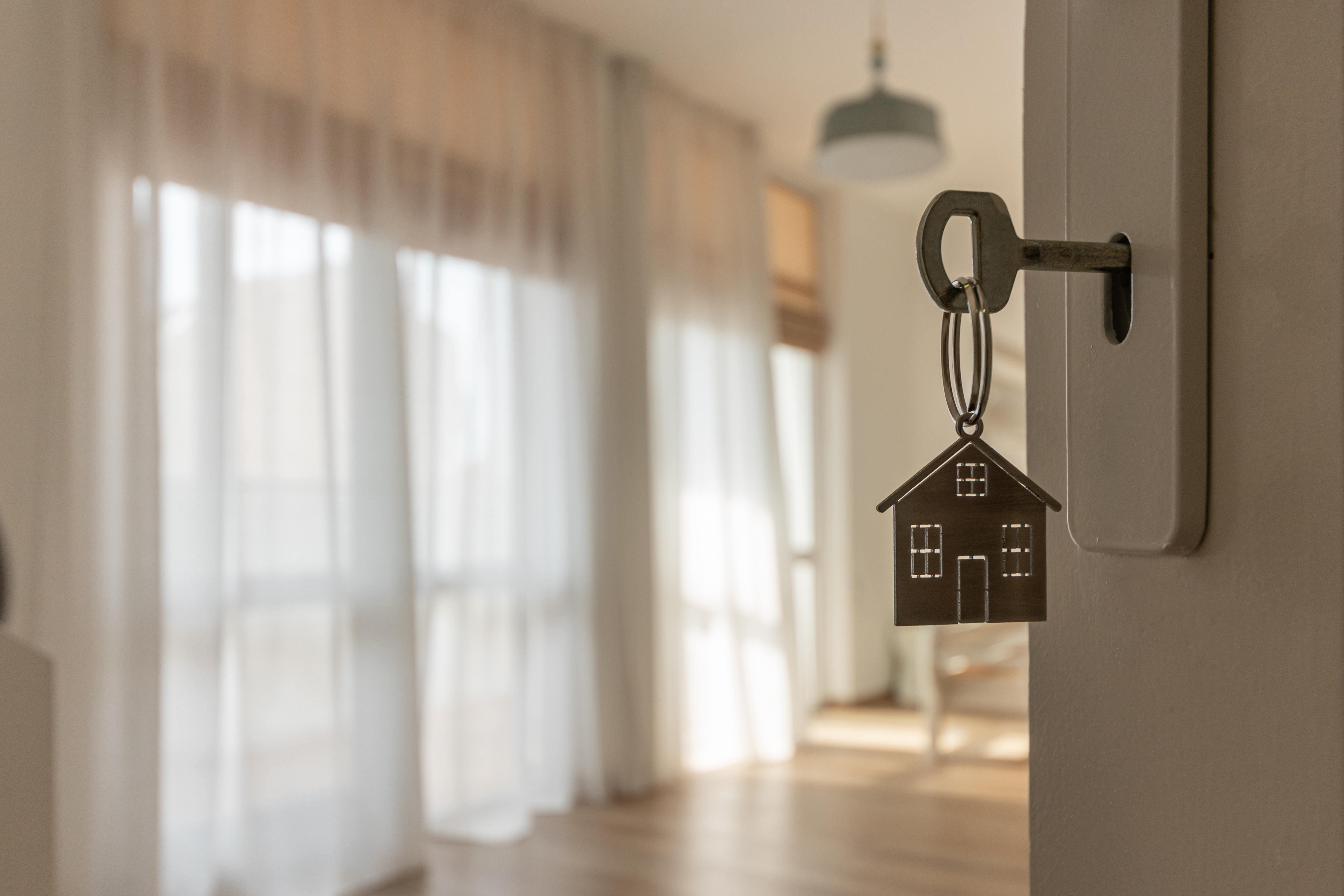Perfect Your Retirement Strategy: Choosing Plans, Funds & More

 Peter Park
Oct 22, 2021
Peter Park
Oct 22, 2021
National Sales Manager, Mortgage Department
NMLS#489174
I’ve been teaching First Time Home Buyer Education for the last 10 years and one of the most popular question that students ask is, “When is the best time to purchase a home?” I believe the shortest and the most accurate answer is: “When you are ready.” Many experts in the real estate industry talk about interest rates and housing prices in the market. Obviously, no one would question that you should buy your home when the interest rate and/or price of the house is low. But when is exactly that time?
I bought my first home in 2008, when the housing market crashed and home values plummeted over 40% on average from just two years before. I remember my interest rate was around 4.25%. I thought at that time it was a pretty good deal as I paid $280K for a house that sold for $598K two years earlier. Later in 2016, I sold it at a higher price and was able to purchase a bigger home. When I share this story with friends and other students, they all congratulate and applaud me for making a great choice and investment for buying the house at the right time…..but is that true? Maybe not.
The reason I am sharing my personal story is to make a few points. Specifically, more than trying to figure out the best time to purchase a home, you should be asking yourself, “Am I ready to buy a home?” Assuming you cannot buy your home outright with cash and you need to get mortgage financing from a bank, here are three very critical elements you need to consider and prepare for beforehand:
Going back to my personal example – yes, it looks like I timed it just perfectly to buy a great home at a lower price. But, to be honest, I had worked on all the three critical elements above for over three years. Then, when I was just ready to buy a home, the market crashed – so I just lucked out. But what if I wasn’t ready to buy a home because of my job, credit, or the down payment? Low housing prices and low-interest rates would’ve been irrelevant, and I probably would regret not being prepared. To some extent, we can predict what might happen in the housing market, but unforeseen and sudden events such as COVID-19, wars, weather incidents, elections, financial turmoil, and new laws can change the market in a heartbeat. The interest rate can go up or down unpredictably, just like housing prices. So, the real and most important question is not “When is the best time to buy a home,” but “Am I READY to buy a home”?
![]()


